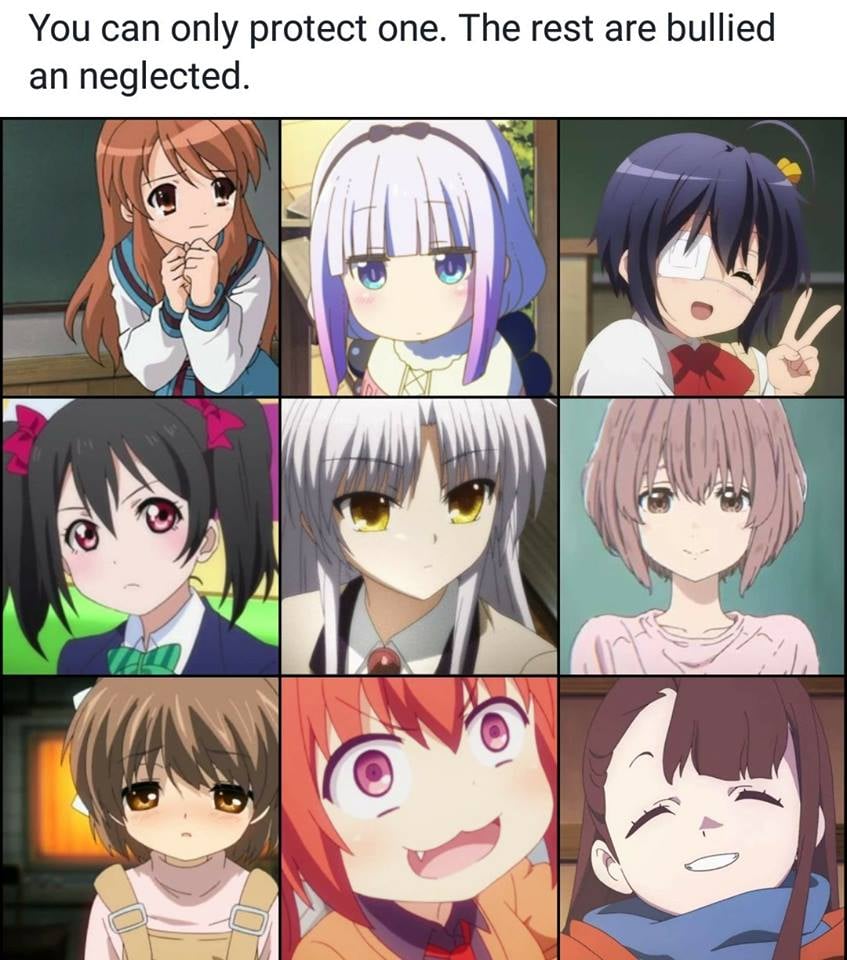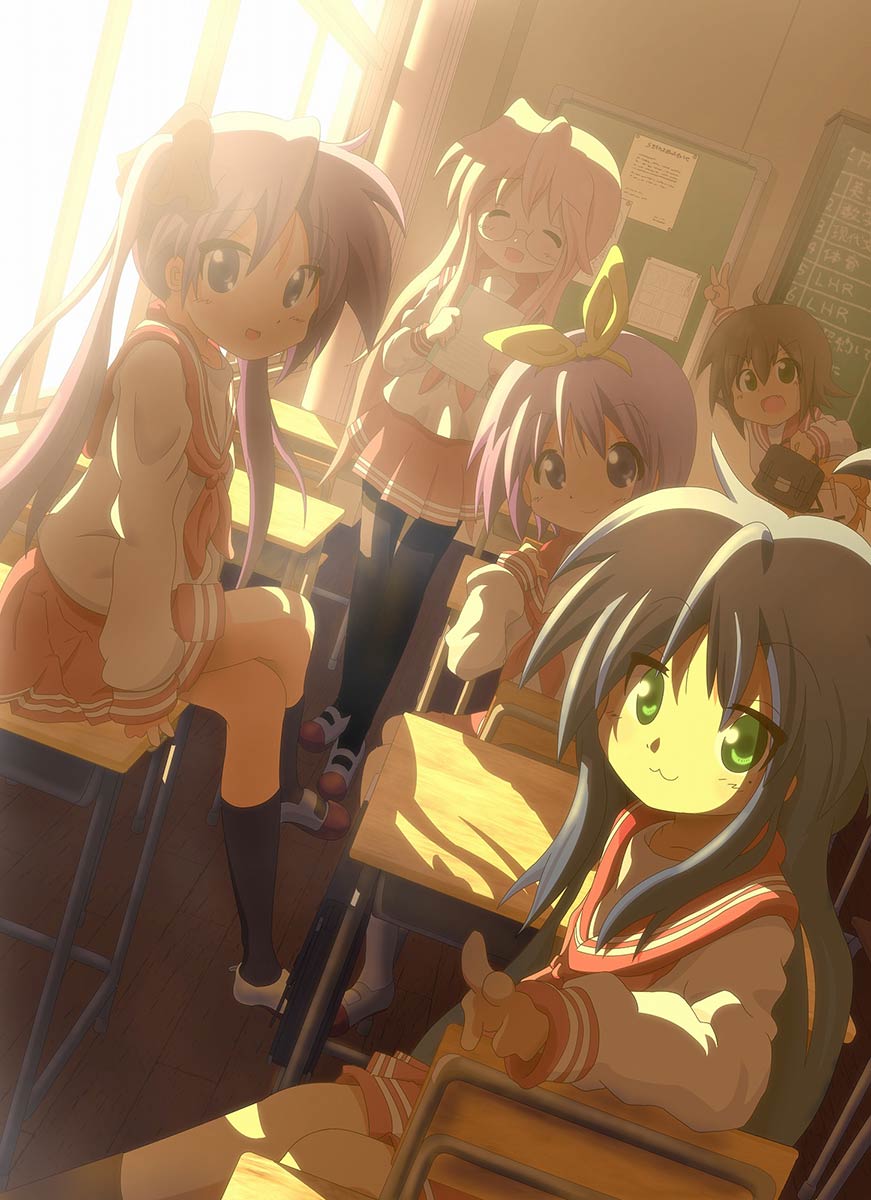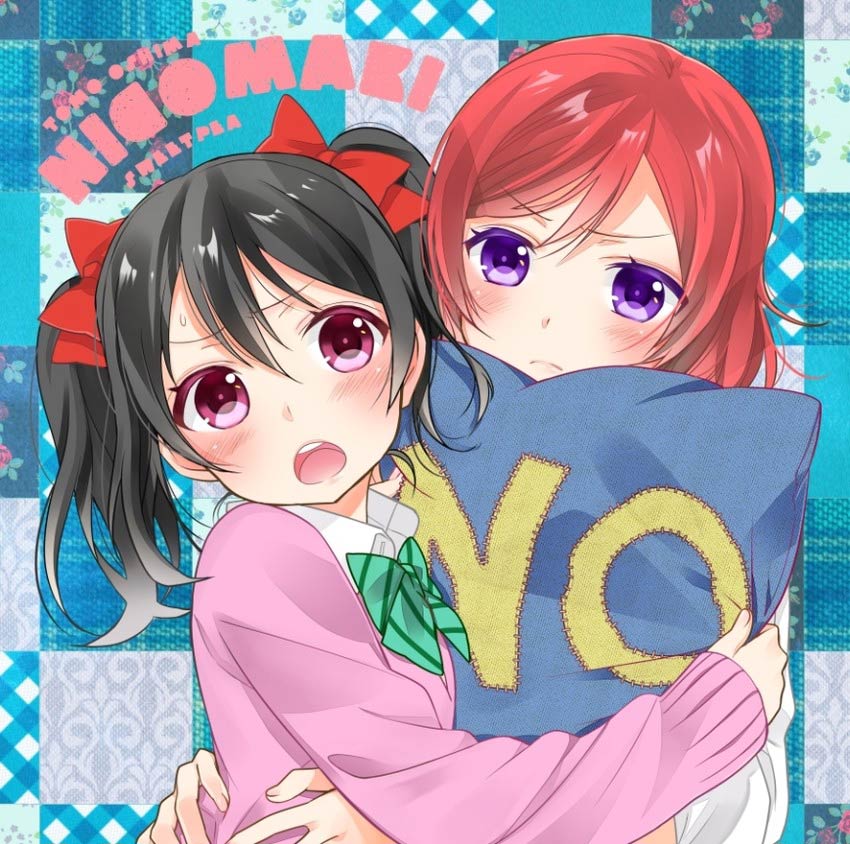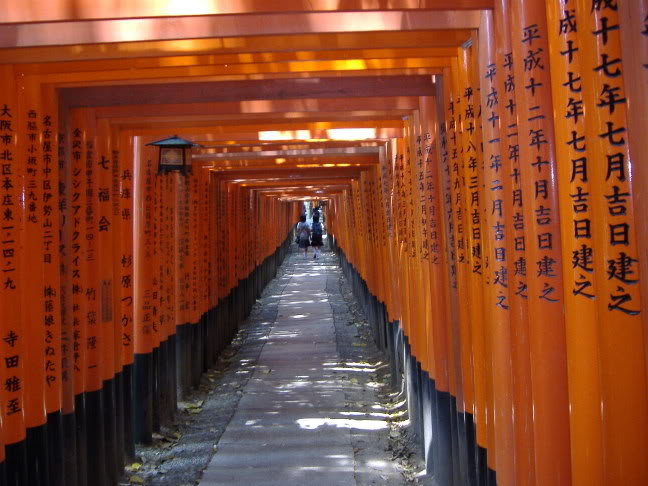Is it possible for a person to forget their native language? You wouldn’t think so, but during my years of living in Japan, I’ve definitely noticed my skills at English changing in alarming ways. The first to go were my college-level reading skills, something I realized with a shock while thumbing through a graduate school catalog less than a year after graduating from SDSU and coming to Japan to teach English as a Second Language. Teaching ESL is especially challenging since you’re surrounded with students who speak very simple English, and in order to make yourself understood you find yourself talking more slowly, perhaps, or pronouncing the “t” sound in “party” more than a native speaker would. When you go for months or years without hearing English vocabulary words above the Junior High School level, the brain can have real difficulties pulling difficult words like “irreplaceable” or “gynecologist” out on short notice. But it’s really shocking when you make an actual mistake, which happened to me once when my family and I were in the U.S. In Japanese the words for splinter (a sliver of wood) and thorn (the prickly things on a rosebush) are the same, toge (TOH-gay), and once, when my daughter got a splinter in her foot, I got the two words confused in my head. When my mother heard me asking to help get the “thorn” out of my daughter’s foot with tweezers she looked at me funny.















